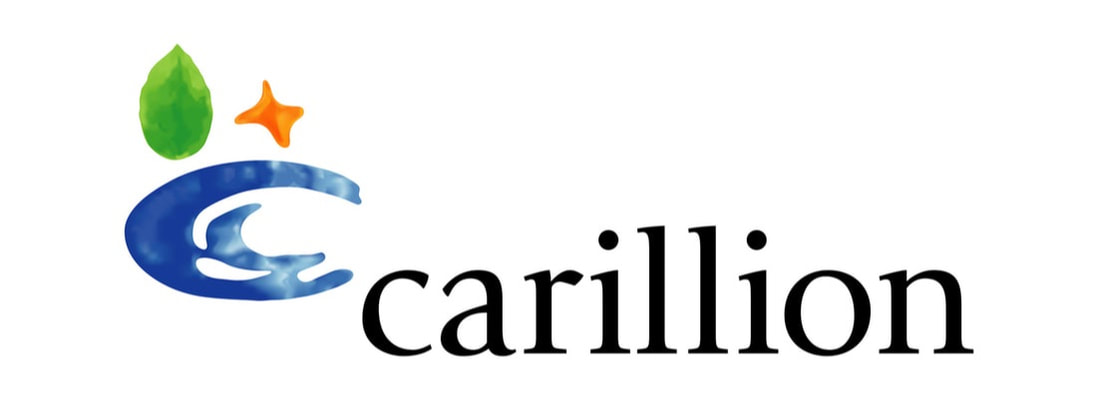|
Another once proud company has just suffered the indignation of failure. Carillion plc, the UK's second-largest facilities management and construction services conglomerate, collapsed on 16 January 2018, after bankers withdrew their support. The fate of hundreds of contracts with public sector agencies, and thousands of jobs were left in the lurch (although some emergency measures have since been put in place). Though tragic, Carillion's demise should not have been a surprise to anyone for it did not occur as a result of a single external catastrophic event. Consider these indicators:
These indicators, which are not dissimilar to those of other failures (here and here), raise many questions viz. board performance, including questions of accountability; the board's supervision of management (or lack thereof); malfeasance and ineptitude in the boardroom; the efficacy of 'best practice' recommendations; and, the role of auditors. Why the Carillion board failed to act on the indicators listed here (and others not yet public, no doubt) is a matter for due process to uncover. The investigations should not be limited to the boardroom or even executive management. Other questions worthy of consideration include:
Hopefully, the investigations now commencing will result in one or more people actually being held to account. Practical guidance to help boards focus on what actually matters (firm performance) is also needed, if boards are to step beyond conventional wisdom (which is clearly not working), and the damage that inevitably occurs when boards are diverted by spurious (and typically discordant) recommendations that appeal to symptoms or populist ideals is to be limited.
Comments are closed.
|
SearchMusingsThoughts on corporate governance, strategy and boardcraft; our place in the world; and other topics that catch my attention. Categories
All
Archives
May 2024
|
|
Dr. Peter Crow, CMInstD
|
© Copyright 2001-2024 | Terms of use & privacy
|


